France to pull troops from Mali after 10 years of failure
France has announced that it will withdraw thousands of troops from Mali due to a breakdown in relations with the country, a decade after launching a war without the initial approval of the United Nations or even the French parliament.
A statement signed by France and its African and European allies said on Thursday that "multiple obstructions" meant the conditions were no longer in place to operate in Mali.
The decision applies to both the 2,400 French troops in Mali, where France first deployed in 2013, and a European force of several hundred soldiers that was created in 2020.
Relations between Paris and Bamako have deteriorated since the ruling military took power in August 2020.
French President Emmanuel Macron confirmed at a news conference that France's bases in Gossi, Menaka and Gao in Mali would be closed within the next four to six months.
"We cannot remain militarily engaged alongside de facto authorities whose strategy and hidden aims we do not share," Macron said. The withdrawal would be carried out in an "orderly" manner, he said.
Macron also "completely" rejected the idea that France had failed its mission in the country.
Mali's armed forces spokesperson Souleymane Dembele shrugged off France's announcement, saying European troops had failed to curb militancy.
"I think that there has been no military solution, because terrorism has engulfed the entire territory of Mali," he said.
Tensions have been mounting after Mali expelled its French envoy over what the country described as “hostile and outrageous” comments by the former colonial power.
Mali's prime minister earlier this month blasted France for attempting to divide his country during a foreign military mission against terrorist groups.
Choguel Kokalla Maiga, head of the government that came to power in June 2021, said the French intervention "later turned into a de facto partition of the country."
The Mali deployment has been fraught with problems for France. Of the country's 53 soldiers killed in West Africa, 48 of them died in Mali.
The announcement comes at a critical time for Macron, just days before he is expected to make a long-awaited declaration that he will stand for a second term in April elections.
Macron's priority will now be to ensure that the withdrawal does not invite comparisons with the chaotic US departure from Afghanistan last year.
A French mission began in Mali in 2013 to allegedly counter militants that Paris claims are linked to the al-Qaeda and Daesh terrorist groups. France, a former colonizer of Africa, also deployed thousands of soldiers to presumably prevent separatist forces from reaching Mali’s capital, Bamako.
The war caused several thousand deaths and more than a million people to flee their homes. There have been two military coups in little over a year, amid growing demonstrations against France’s military presence.
France has been one of the world’s colonizing countries that after many years of slavery still controls countries spread over more than 12 territories and treats their people as second-class citizens.
It has had more than 50 military interventions in Africa since 1960, when many of its former colonies gained nominal independence. Mali remains among the poorest countries in the world, but that’s not due to a lack of resources.
France currently has 5,100 troops in the arid and volatile Sahel region. Under a new plan, they will be reduced to 2,500-3,000 troops. Analysts say it is premature to call it the end of the war, but that France is entering into a new phase of the war.
France is also worried about the alleged deployment of Russian contractors in the country.
Although France remains the only Western country with a significant military presence in the Sahel, its relationship with its former African colonies has grown increasingly tense in recent months. This has led to an evident increase in anti-French sentiment.
$50m sportwashing: After turning blind eye to genocide for two years, FIFA funds Gaza stadiums
VIDEO | Trump’s foreign, domestic policies dealt blow after Supreme Court struck down global tariffs
Pakistan launches deadly strikes across border with Afghanistan after attacks
VIDEO | Dublin rally condemns Western-backed genocide in Gaza
Zelensky acting ‘maliciously’ by cutting oil supply: Slovakia’s PM
Iran, other Muslim states slam US envoy’s endorsement of ‘Greater Israel’ plot
Hezbollah says has ‘no choice’ but to defend itself after deadly Israeli strikes
Israeli army defends soldier’s viral ‘rape’ remark amid global outrage


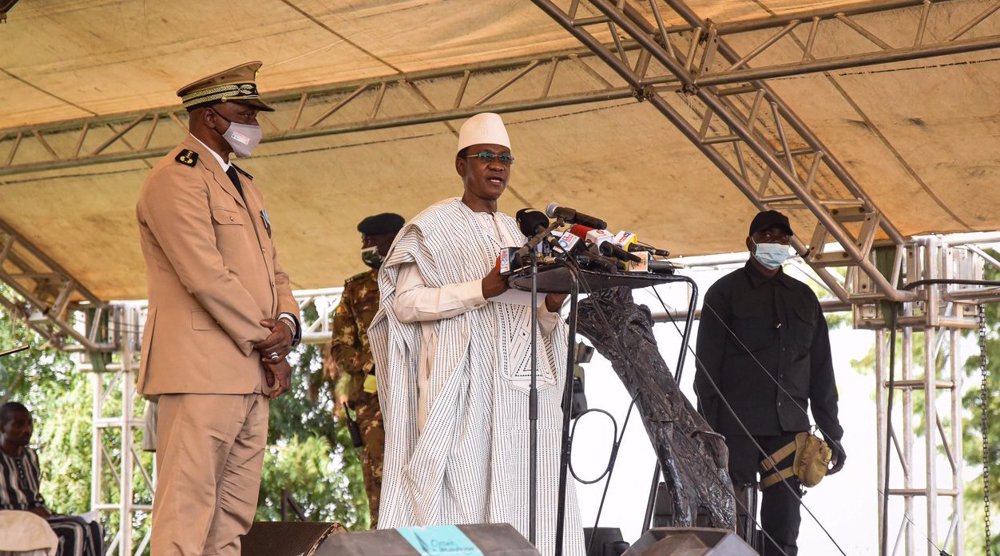
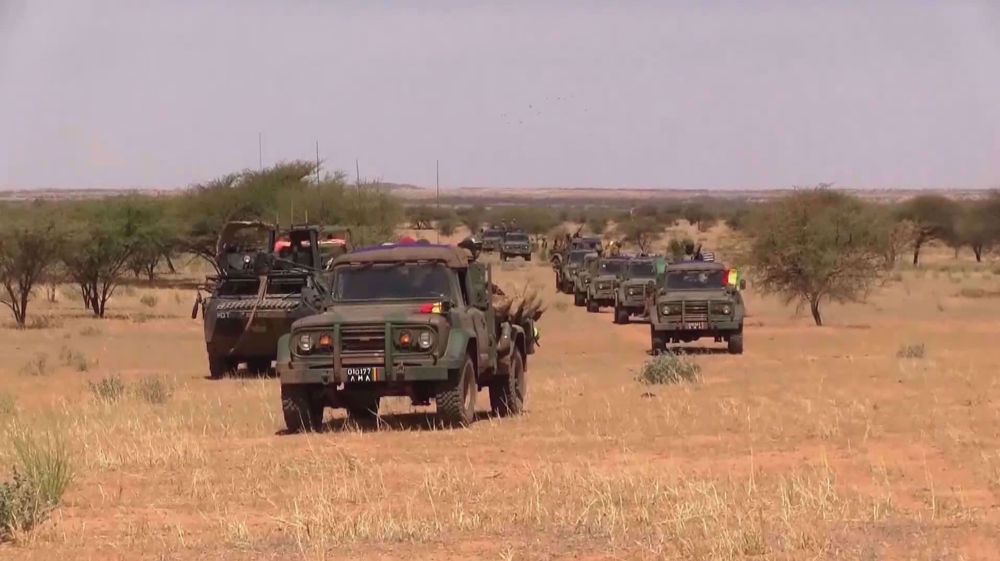
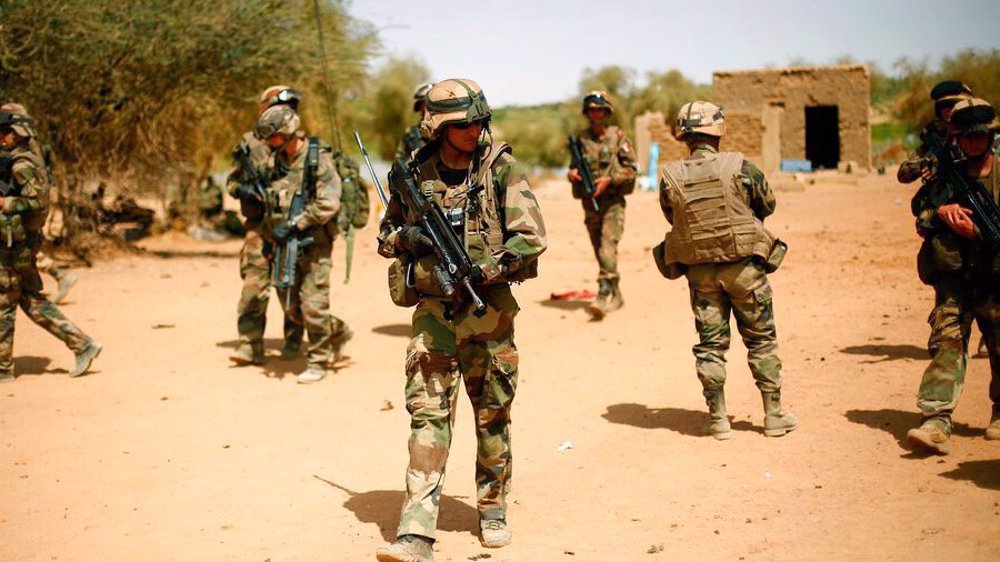
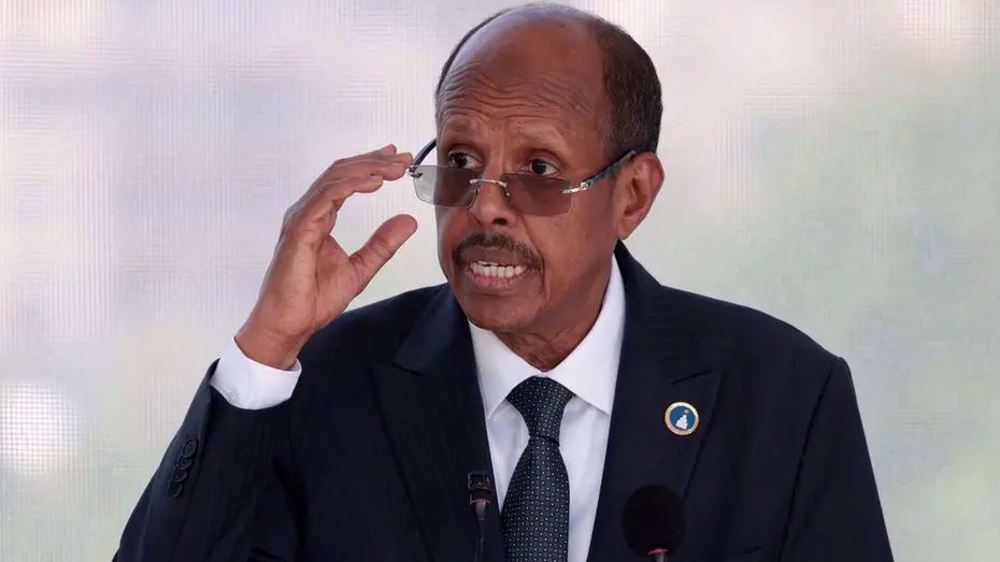





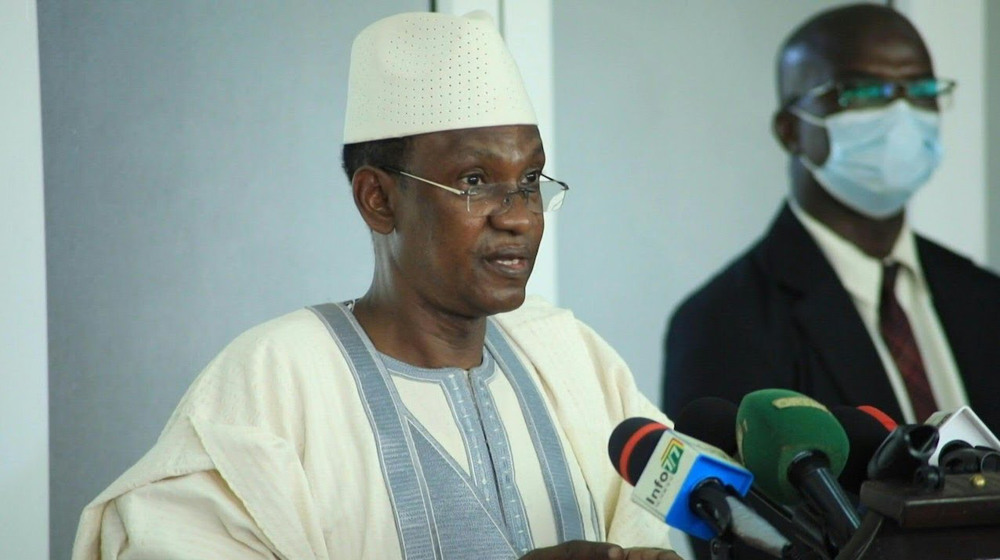
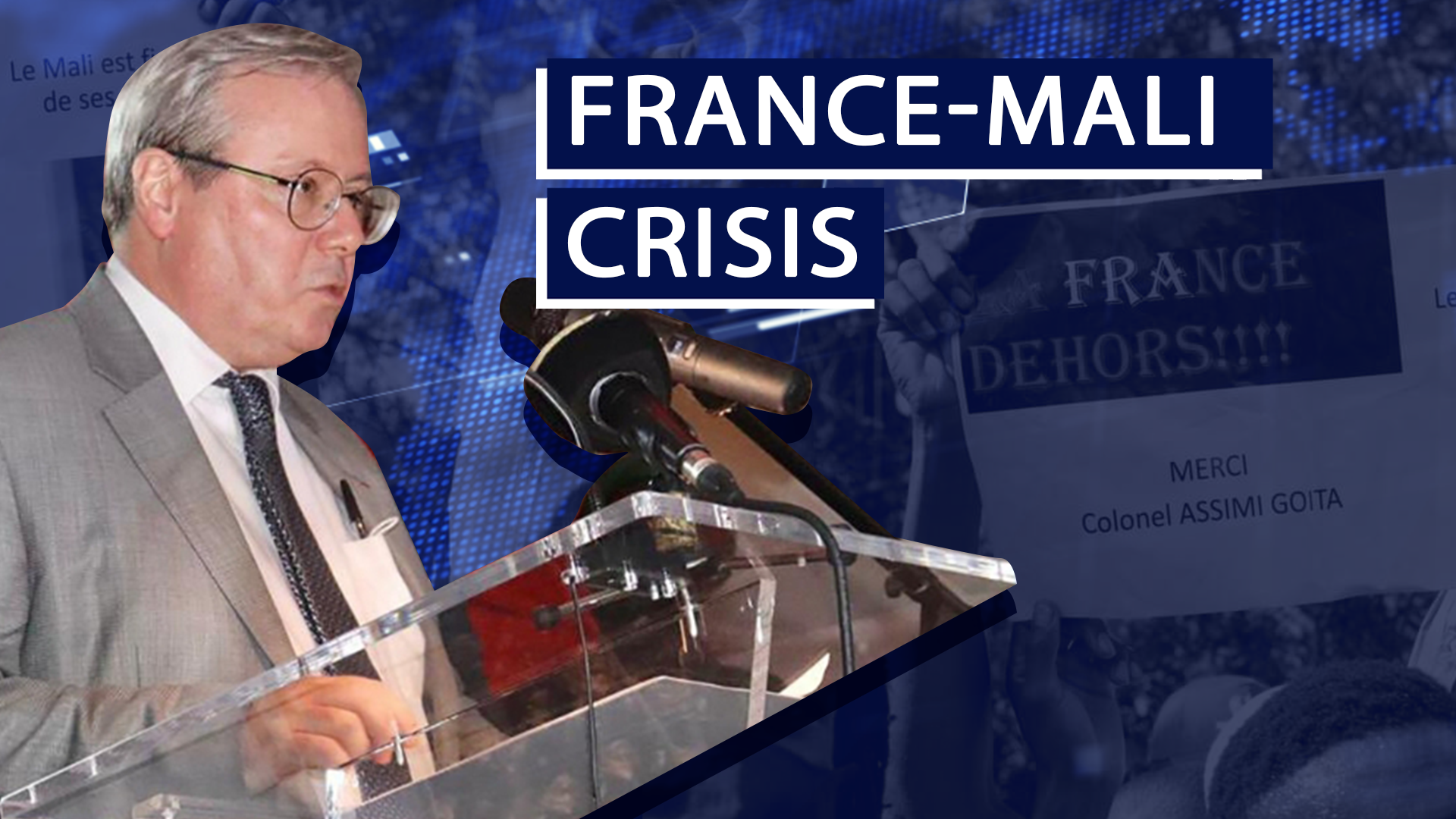

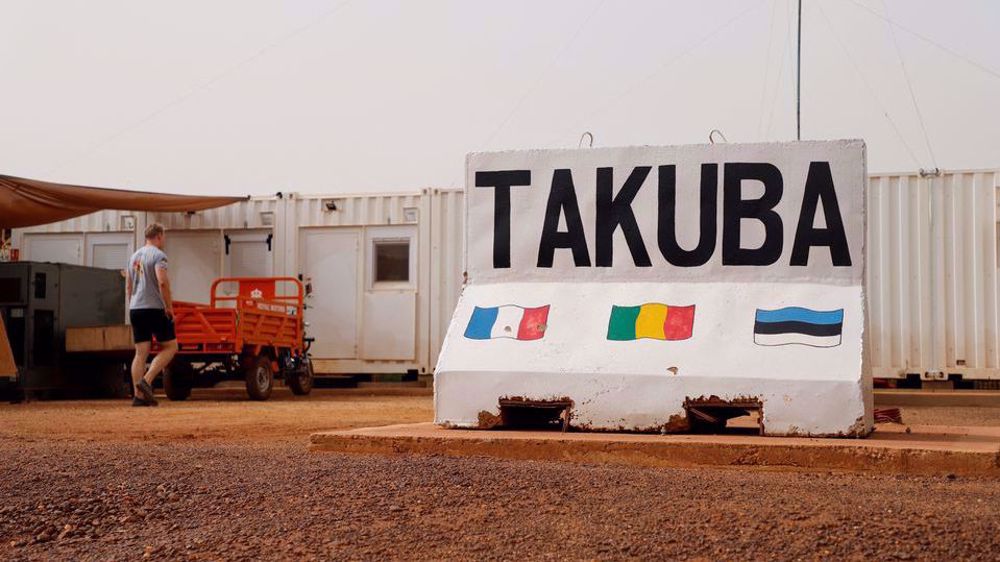
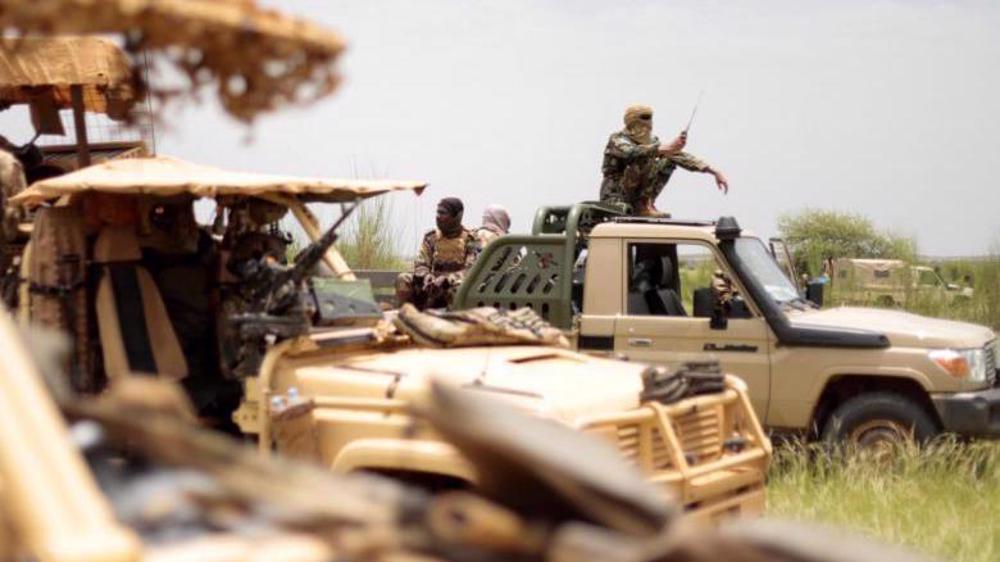
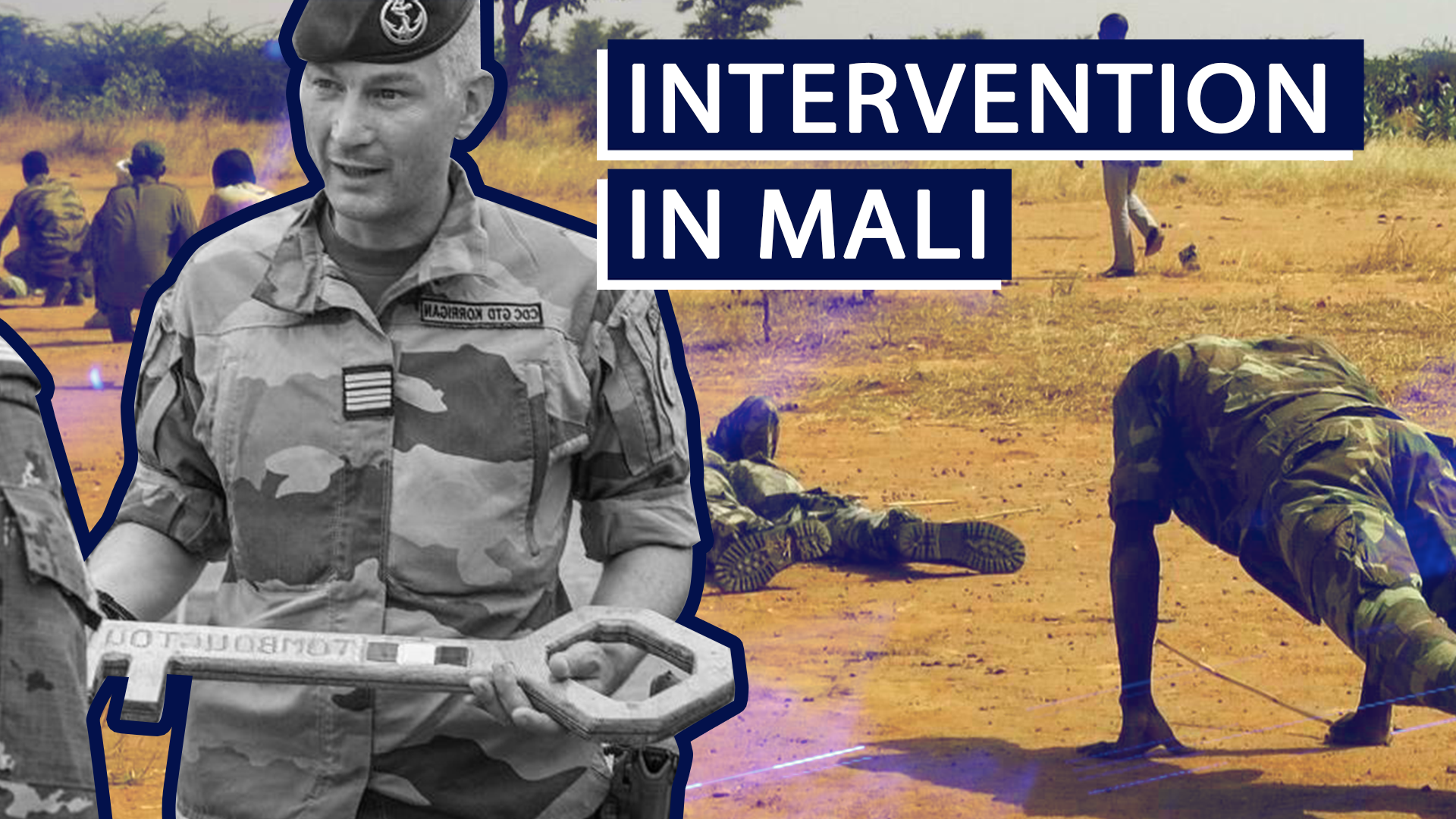

 This makes it easy to access the Press TV website
This makes it easy to access the Press TV website